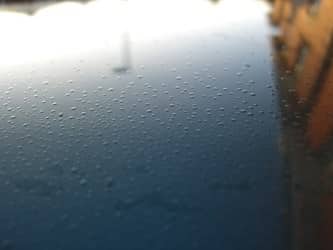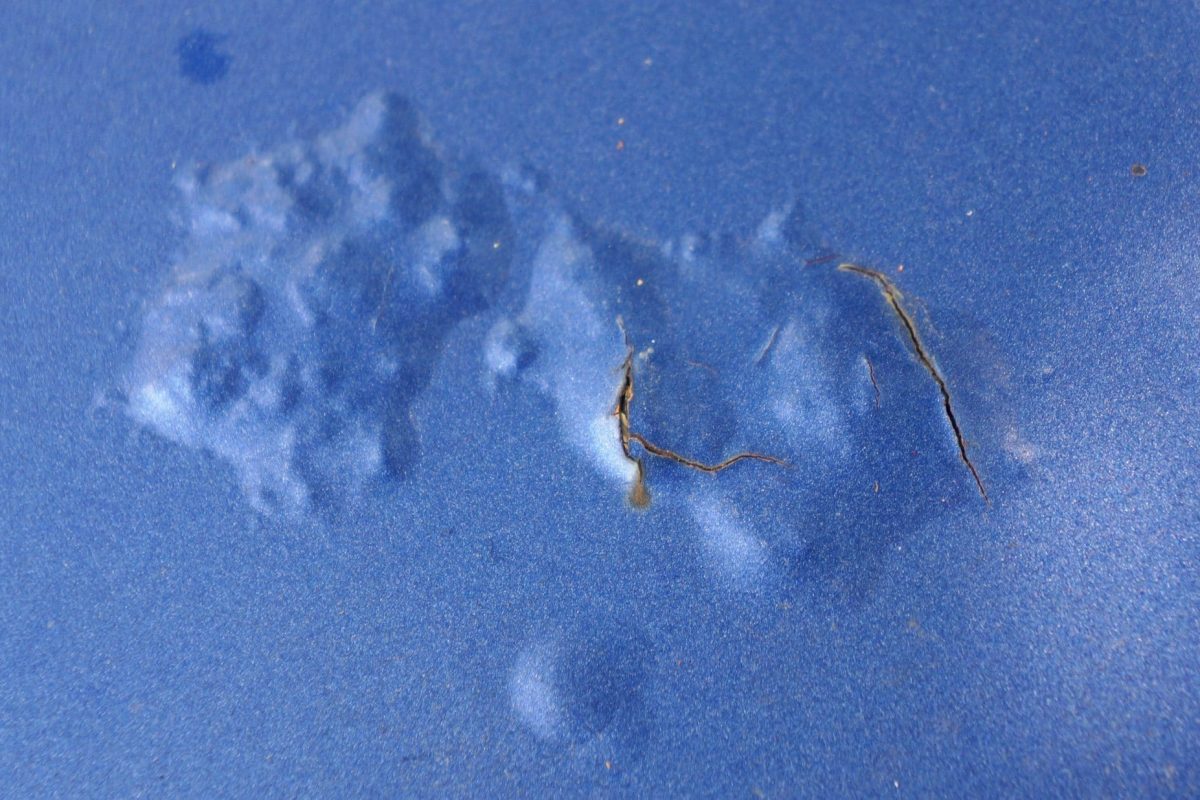View our article below regarding Blistering Paint:
Blistering Paint – The Cause and Prevention
Blistering of a paint film can manifest itself in two main ways:
- Immediately, or soon after painting
- After a period of weathering
Blistering Paint
When blistering is seen soon after painting, it is normally as a result of moisture / humidity during the preparation, painting or drying process.

In humid or damp conditions, a layer of moisture can form on the substrate. If you do not remove the moisture, it can be trapped in the paint film. Then it can cause blisters. This is particularly a problem in cold damp conditions, especially when you use gas heaters.
The best way to prevent this is to run the fans in the booth. Try to bring the substrate up in temperature before painting. Correct and thorough preparation (abrasion and degreasing), is also important in removing surface contamination which can increase the likelihood of blistering.
Remember to maintain temperature and air movement in the booth during, and after painting. This will prevent any condensation occurring. Condensation can again lead to blistering. Avoid mobile gas heaters as they produce water vapour.
The second reason for blistering is paintwork within a harsh damp environment. No paint system should be put in these conditions until fully cured. Some industrial paint systems are not suitable to harsh conditions even when fully cured.
If you encounter harsh conditions in service, the paint system must be up for the job. Many Selemix paints have ISO 12944 classifications. Our ISO 12944 technical guide can help you decide which system is correct for which environment. Applying the correct system at the correct film thickness can prevent any blistering or corrosion caused by environmental factors.
If you require more information or have a continuing problem with blistering please contact us on 01462 421333. Promain.co.uk




